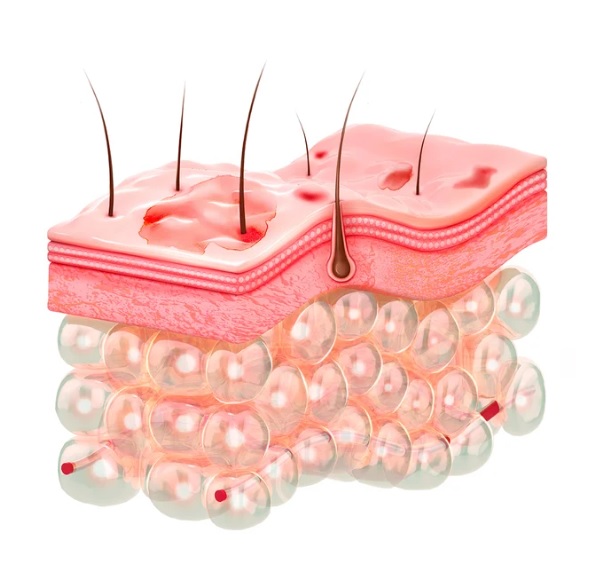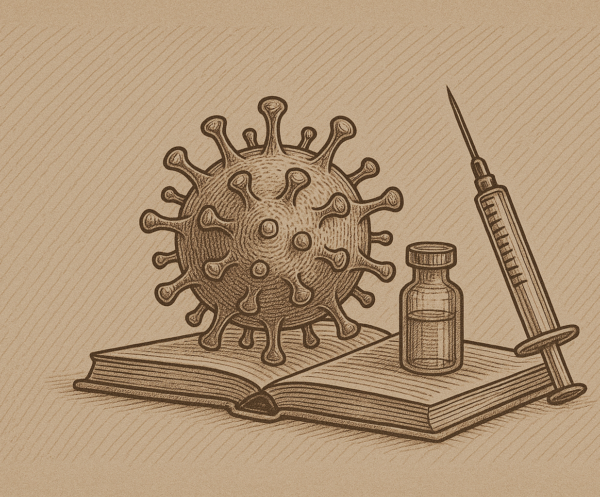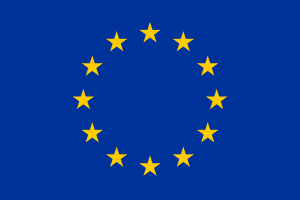This website uses cookies so that we can provide you with the best user experience possible. Cookie information is stored in your browser and performs functions such as recognising you when you return to our website and helping our team to understand which sections of the website you find most interesting and useful.
AUMED, a.s. received support for the development of a product for the supportive treatment of the skin in the case of atopic eczema

AUMED received support for the project “Development of a preparation based on a cleansing spray intended for the supportive treatment of the skin in the case of atopic eczema”, registration number CZ.01.01.01/01/22_002/0000433.
Bacterial infection and associated inflammation in atopic eczema is usually suppressed by combination therapy, which consists of a topical antibiotic and corticosteroids. This is followed by the treatment of atopic manifestations, which, paradoxically, can worsen the problem in retrospect. Instead of calming down, itchiness may occur, which the patient naturally resolves by scratching, thus worsening his condition again and at the same time escalating the risk of infection. After the application of corticoids, all skin problems quickly disappear. However, this type of treatment is quickly followed by adverse effects of corticoids (skin atrophy, perioral dermatitis, hypopigmentation, hypertrichosis, telangiectasia, steroid acne, purpura or tachyphylaxis).
An increasing number of strains of Staphylococcus sp. however, it begins to resist antibiotic treatment, MRSA forms develop rapidly. In MRSA-type infections, the treatment of atopic dermatitis (AD) patients with antibiotics is not usually beneficial, and moreover, a therapeutic strategy aimed at promoting the recolonization of the skin by commensal bacteria is lacking. Therefore, there is increasing social and medical pressure for the development of new therapeutic procedures, including the prevention of MRSA relapse.
People with atopic dermatitis have massively colonized skin with Staphylococcus aureus bacteria. This colonization potentiates the emergence of acute phases of dermatitis, induces lesions and leads to a reduced response to common eczema medications. The output of the project will be an antibacterial phage preparation based on a cleaning antibacterial spray for local use, intended for the supportive treatment of the skin in case of atopic eczema.
The project will receive financial support from the EU within the Operational Program Technologies and Applications for Competitiveness, Challenges Applications – Challenge I.






